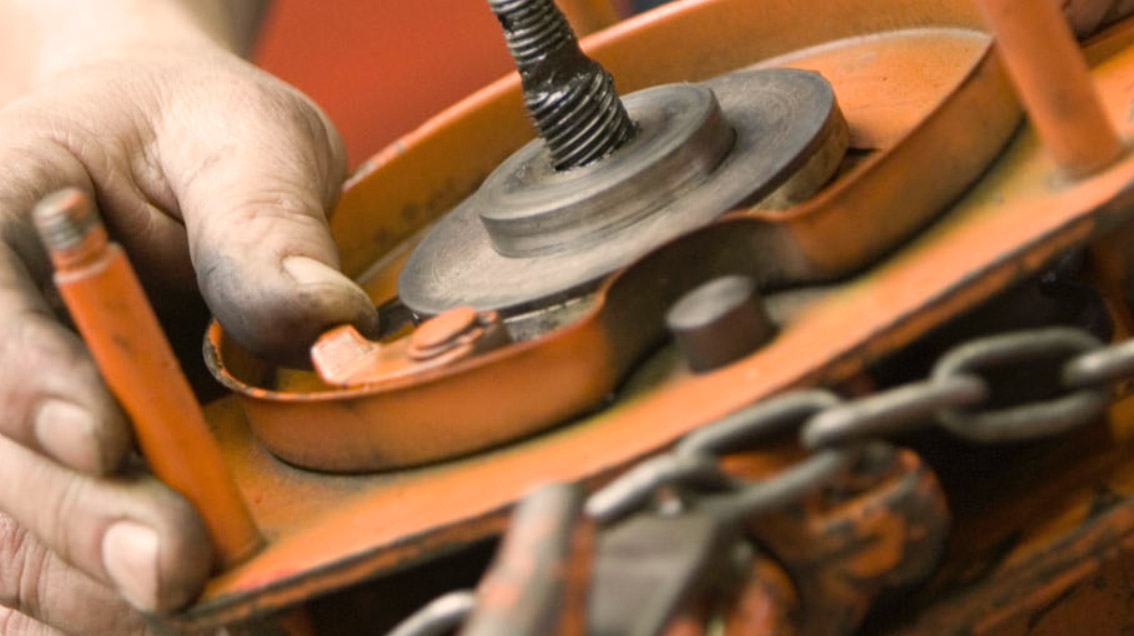LEEA partners with Dutch lifting equipment organisation EKH
14 July 2021The Lifting Equipment Engineers Association (LEEA) has partnered with Dutch organisation EKH (Erkende Keurbedrijven Hijs & Hefmiddelen), combining their high standards and expertise to support each other’s membership.
EKH is a licensed inspection firm for hoisting and lifting equipment and uses extensive working regulations and inspection schedules based on standards in the Machinery Directive, Dutch Working Conditions Act, NEN, DIN, etc. and provides training for professional inspectors with personal certificates.
“We are excited to be supporting EKH members through LEEA’s globally renowned gold standard offering. EKH sets itself the goal of raising the bar when it comes to the safety of lifts and hoists, and through working in partnership with LEEA we will enhance our cooperation to achieve the highest standards across a worldwide Lifting Industry,” said Maarten van der Velden, chair and treasurer, EKH.
LEEA is the global trade association representing over 1200 members in more than 70 countries. EKH is an umbrella organisation for lifting equipment inspection companies, with 65 members based in the Netherlands. Sharing similar values, the combination of lifting experts will produce a synergy to deliver their visions and drive the industry forward.
“We are thrilled to be working in partnership with EKH, an organisation that is highly regarded and equipped with the forward vision necessary to help support the global Lifting Industry. In addition to being beneficial for our members, this move is about putting together a network of partners who together can make the argument for enhanced standards worldwide, which is a crucial aspect of LEEA’s international approach,” said Ross Moloney, CEO, LEEA.
Hoist interviewed Peter Verhoef, MD, 1,2Hoist4u, also a member of EKH, on HMTV recently where he launched a campaign for a better lifting plan for hoist and lifting manufacturers globally.
Verhoef is an advocate for a separate lifting equipment plan, specifically written for individual companies aside to other European Directive documents, which he claims are too broad range in their terminology.
He explained that according to the European Directive on work equipment, all lifting operations ‘shall be planned and supervised’, but in mainland Europe not everyone is realising that, and there is a difference in attitude within the industry of those using for example, a mobile crawler crane compared to Overhead Travelling Cranes (OTC) and cranes in power stations.
“There needs to be a better understanding of what is written in rules and regulations at European level, and comply with it, because when you read about an incident or an accident investigation there is something that they missed in the rules and regulations and if they had read and understood the documents, the incident would not have happened,” said Verhoef.
“The industry needs to make people aware of those using the equipment that they have to comply with and understand the rules and regulations. It’s a question of repeating the message and using examples and showing them that safety is priceless, but the real cost of safety is when an accident occurs.”